Advertisers beware: Make ‘fair’ claims for your skin-care products
‘Mirror, mirror on the wall, who is the fairest of them all?’ – remains the most well-known and oft-quoted line in the fairy tale of ‘Snow White’. And despite the fact that there are a raft of examples of dusky and black beauties abounding in the world, most people (women and men alike) aspire to be fair skinned. This article by Advocate Aazmeen Kasad is part of a series of articles on Misleading Advertising. Part 7 covers the aspect of the need to make ‘Fair claims’ by skin-care product manufacturers.
There is a common belief amongst people that being fair-skinned is more beautiful and attractive. Perceptions also exist that fair skinned people get better opportunities and are more successful and consequently, happy. Conversely, dark/ dusky toned people face rejection, discrimination and difficulty in landing the job of their choice or a good life-partner. Such beliefs and perceptions lead to individuals feeling insecure when their skin is not fair or it tans, gets pigmentation, spots, etc.
In 2017, the Indian fairness cream market was worth $450 million (Source: www.Statista.com). Per the“India Fairness Cream & Bleach Market Overview, 2018-2023” report, the women’s fairness cream category is anticipated to achieve market revenues of more than Rs 5,000 crore by the year 2023. Unilever, Procter & Gamble, L’Oreal and Johnson & Johnson – some of the world’s biggest advertisers, sell beauty products that advocate lighter, whiter skin through popular celebrities. A number of the products in the market assure skin colour transformation. Such products are available in the form of creams, powders, bleaches, etc.
Interestingly, the wish to have fair skin is not confined to women alone. Emami launched ‘Fair And Handsome’ in 2005, when market studies disclosed that a sizeable percentage of users of women’s fairness creams were men. A host of other brands also entered this newly formed segment.
Advertisers invariably resort to a ‘before-and-after’ form of comparative advertising to show the efficacy claims of their products. While making an efficacy claim for its product, advertisers should ensure that the same is substantiable in the form of research reports or laboratory studies, etc., in support of its claim. Where a product manufacturer claims that usage of its product can lighten one’s skin tone by 7 shades without any substantiation, it is considered to be a misleading by exaggeration claim.
Similarly, not disclosing important information in an advertisement is also misleading a consumer’s trust. For instance, ingredients like turmeric or oranges or sandalwood powder or aloe vera are known to brighten and soften the skin. In the advertisement, the claim made is that turmeric or oranges or sandalwood powder helps brighten skin without actually specifying that the product contains the said ingredients. The product in reality will not have the said ingredients (or if it does, it will be in extremely negligible quantity). Instead, the product will have a bleaching ingredient to lighten the skin. On hearing or reading the claims made in the advertisement, the mind does not pay specific attention to the actual words in the advertisement. A mix of the visuals and the implied sentences leads the consumer to believe that the said ingredients are part of the product and hence, it will brighten the skin. This is misleading the consumer by implication.
Fairness products ads play on the aspirations and insecurities of the target consumer. They are misleading if they claim to be able to change one’s skin colour by several tones, within a specified number of uses, and consequently ensure a successful and happy life, personally and professionally. This naturally ultimately leads to disappointment in the mind of the consumer.
The recently amended Consumer Protection Act, 2019, (the ‘Act’) has included provisions which impose liabilities on celebrity endorsers for misleading advertisements. Per Section 2(1) of the Act, an ‘advertisement’ means any audio or visual publicity, representation, endorsement or pronouncement made by means of light, sound, smoke, gas, print, electronic media, Internet or website and includes any notice, circular, label, wrapper, invoice or such other documents. Therefore, this includes advertisements not only on the traditional media such as print, radio or television advertisements, but also includes packaging, point of sale material, etc. Advertisements on the Internet, including social media such as ads posted on Facebook, Instagram, Twitter, LinkedIn, etc., also fall within the purview of the Act, as do advertisements on websites, which includes the advertiser’s own website(s).
As per the Act, a ‘misleading advertisement’ in relation to any product or service means an advertisement, which (i) falsely describes such product or service; or (ii) gives a false guarantee to, or is likely to mislead the consumers as to the nature, substance, quantity or quality of such product or service; or (iii) conveys an express or implied representation which, if made by the manufacturer or seller or service provider thereof, would constitute an unfair trade practice; or (iv) deliberately conceals important information.
Per section 2(47) of the Act, an ‘unfair trade practice’ means a trade practice which, for the purpose of promoting the sale, use or supply of any goods or for the provision of any service, adopts any unfair method or unfair or deceptive practice, including any of the following practices, namely (i) making any statement, whether orally or in writing or by visible representation, including by means of electronic record, which (a) falsely represents that the goods are of a particular standard, quality, quantity, grade, composition, style or model; (d) represents that the goods have sponsorship, approval,performance, characteristics, accessories, uses or benefits which such goods do not have; (f) makes a false or misleading representation concerning the needfor, or the usefulness of, any goods.
The Ministry of Health and Family Welfare has tabled the Drugs and Magic Remedies (Objectionable Advertisements) (Amendment) Bill, 2020 under which the draft amendment bans advertisements of products, inter alia, fairness creams. The Bill proposes imprisonment of up to two years and fine up to Rs 10 lakh for the first conviction and imprisonment extendable to five years with a fine of up to Rs 50 lakh for subsequent offences. While the ban and the penalties will only be effective once the Bill is passed and becomes an Act, it is imperative for manufacturers, marketeers, endorsers and publishers of advertisements of fairness cream and skin-lightening products to exercise caution in the claims that are made through their advertisements.
Ahead of the ban on advertising fairness products, which may follow on the heel of the passing of the Bill, and on the back of the recent worldwide campaign against racism (#BlackLivesMatter), one has already witnessed some major changes by dominant players within the market segment. Unilever has changed the name of its product ‘Fair and Lovely’, which enjoys the majority market share, to ‘Glow and Lovely’. ‘Fair and Handsome’ is now ‘Glow & Handsome’ – a move which has spurred a trademark battle with Emami who markets its fairness product with the same brand. Johnson & Johnson recently announced it would no longer produce or sell two of its creams, Clean & Clear and Neutrogena, in India. In the latest development, L’Oréal has announced that it will discontinue the usage of words such as white/ whitening, fair/ fairness, light/ lightening from all its skincare products. Shaadi.com withdrew the ‘skin tone’ filter on its matrimonial site.
In light of the newly introduced provisions under the Act which came into force from July 20, 2020, it is advisable for not only the advertisers and the endorsers, but also the publishers of the advertisements to exercise caution on the claims that form part of the advertisement of the goods/ services. Under the Act, any advertiser, trader, publisher and endorser found to be guilty of a false or misleading advertisement, may receive an order from the Central Consumer Protection Authority, with directions to the concerned trader or manufacturer or endorser or advertiser or publisher, as the case may be, to discontinue such advertisement or to modify the same in such manner and within such time as may be specified in that order. If the Central Authority is of the opinion that it is necessary to impose a penalty in respect of such false or misleading advertisement, by a manufacturer or an endorser, it may, by order, impose on manufacturer or celebrity endorser a penalty which may extend to Rs 10 lakh in the first instance and for every subsequent contravention by a manufacturer or endorser, a penalty, which may extend to Rs 50 lakh may be imposed. Additionally, where the Central Authority deems it necessary, it may, by order, prohibit the celebrity endorser of a false or misleading advertisement from making endorsement of any product or service for a period which may extend to one year in the first instance, which may extend to three years for every subsequent contravention. Any person found to publish, or is a party to the publication of a misleading advertisement, except in the ordinary course of his business, may be penalisedwith a fine which may extend to Rs 10 lakh. The defence that the false or misleading advertisement was published in the ordinary course of business shall not be available to such person if he had previous knowledge of the order passed by the Central Authority for withdrawal or modification of such advertisement.
Honest advertising can empower consumers into making better buying decisions; while for advertisers, it can garner goodwill, trust, brand loyalty, higher sales which translates into higher revenues and profits. On the other hand, deceptive or misleading advertising can hurt the brand, expose the advertiser to legal risks and fines and also loss of consumer trust and in the long run, consumers. The ensuing Parts of the series will pertain to various other aspects of what constitutes Misleading Advertising and key judicial precedents on the same.
(Advocate Aazmeen Kasad is a practicing corporate advocate with over 20 years of experience, with a focus on the Media, Technology and Telecom industries. She is also a professor of law since 13 years. She is a member of the Consumer Complaints Council of the Advertising Standards Council of India. She is a speaker at several forums.)



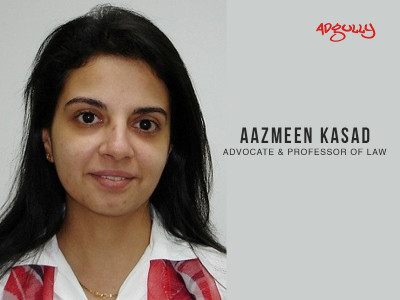
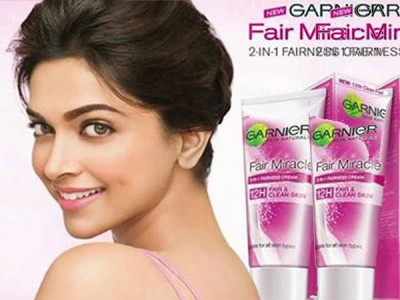
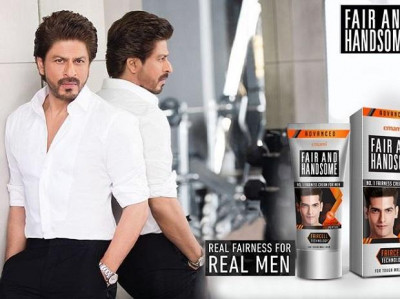
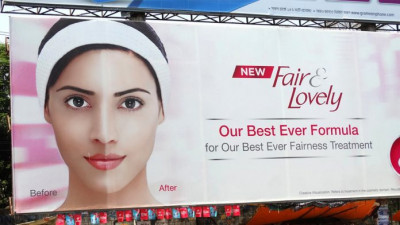
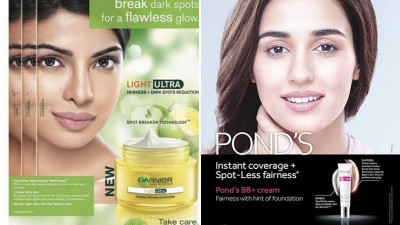

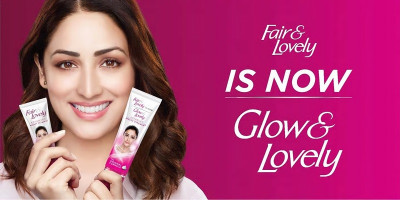
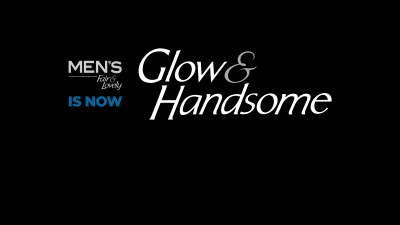














Share
Facebook
YouTube
Tweet
Twitter
LinkedIn